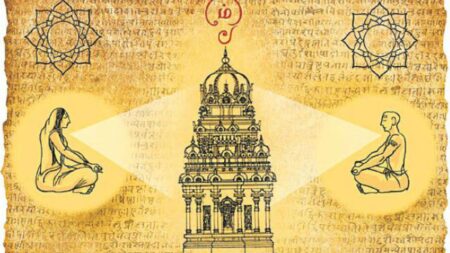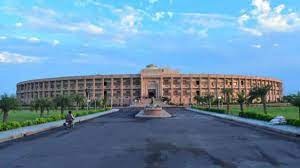On Tuesday, the Tamil Nadu Assembly passed a bill opposing the National Eligibility Entrance Test (NEET) by voice vote claiming that it is against the interests of pupils from low-income families.
The Tamil Nadu Assembly is unanimously re-adopting the same draft of a bill without revisions for the first time in its 70-year history.
Now that the Tamil Nadu Assembly has passed the same Bill a second time, the Governor of Tamil Nadu cannot reject it. The Governor must sign and deliver the bill to the President. Before the Bill can become law, the President must sign it.
The DMK had previously criticized the Governor for delaying Bill’s implementation for four months after it was passed by the Assembly in September 2021. The DMK demanded Governor RN Ravi’s recall when the Governor returned the Bill.
“The assembly had sent it to the Governor,” Tamil Nadu Chief Minister said during a special session called to debate the anti-NEET Bill. He should have taken it and forwarded it to the President.
However, he did not make a decision and held it in his custody for 142 days, after which it was returned to us after relentless pressure.”
In his speech to the assembly on Tuesday, Tamil Nadu Chief Minister MK Stalin said, “NEET did not fall from the sky; it was designed to prevent many underprivileged youngsters from acquiring an education.
“NEET benefited primarily private coaching institutions,” he continued, “and the anti-NEET bill was voted by the assembly for the benefit of those poor pupils who could not afford such training.”
After a commission led by Justice AK Rajan published a 193-page report on the entrance examination and its impact on rural, poor, and marginalized students in Tamil Nadu, the Tamil Nadu Assembly passed the Tamil Nadu Admission to Undergraduate Medical Degree Courses Bill in September 2021.
On September 13, the Assembly passed the bill, which was then delivered to Governor RN Ravi, who had to forward it to the President for assent.
The Governor, however, sent the bill back to the Assembly on Friday, February 4, citing it as “anti-poor.” This sparked a tremendous controversy in the state, with some MLAs pointing out that the Governor lacked the constitutional authority to accept or reject the bill, only to send it to the President for assent.
The Governor is now compelled by the Constitution to give assent to the document and submit it to the President when the Assembly re-adopts the same bill.
“If the Governor submits the Bill to the government for review, and the government returns it back to him after reconsideration, he has to grant his approval and send it to the President, Before the Bill may become law, it must first have the President’s approval.
Edited by: Mahi Gupta
Published by: Vishakha Verma












